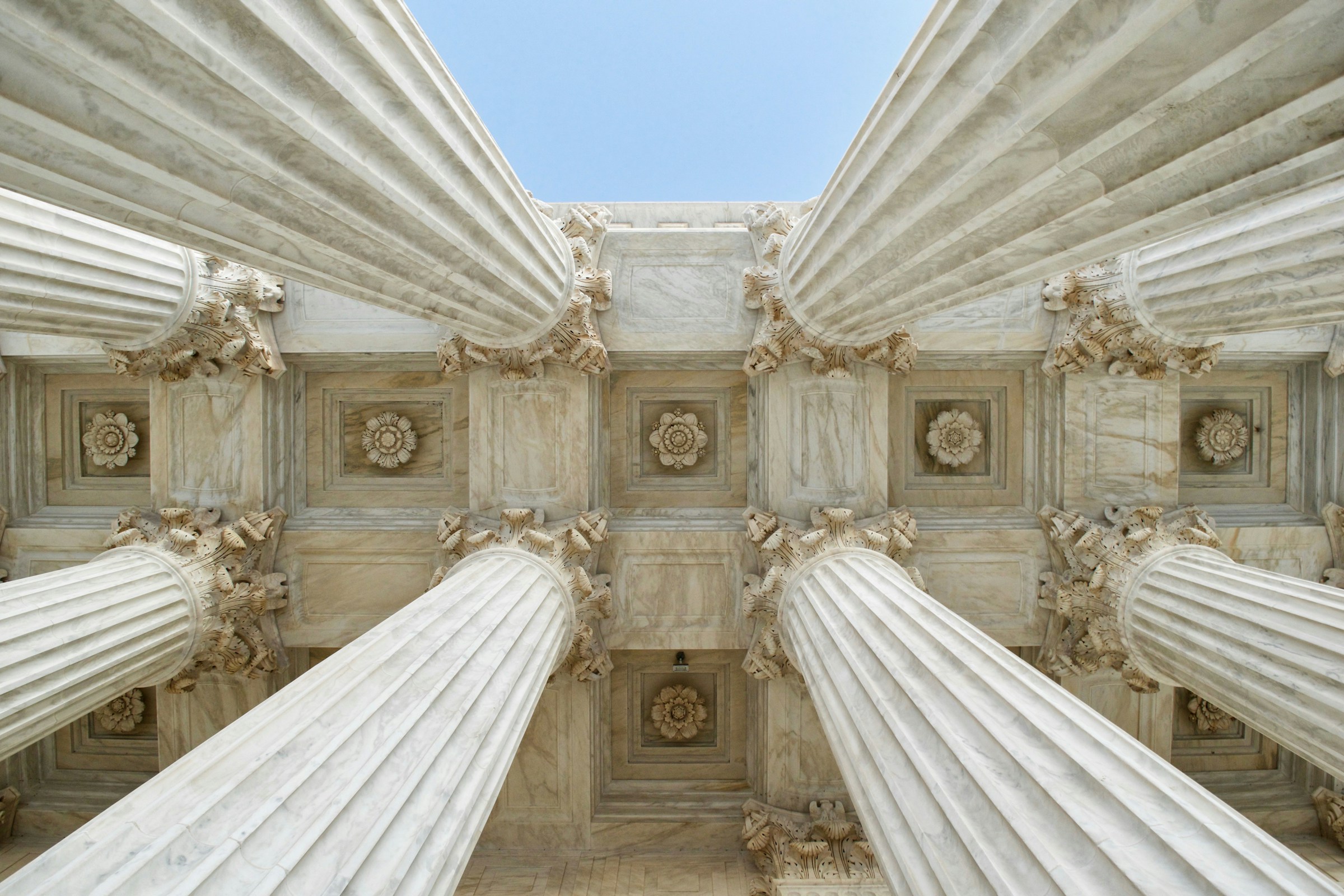Supreme Court denies Florida’s request to enforce state law on illegal immigration


The Supreme Court on Wednesday refused to allow Florida to enforce a state law that makes it a crime for anyone who entered the United States illegally to enter or remain in the state. In a brief unsigned order, the justices left in place an order by a federal district judge in Miami that bars the state from implementing the law. The groups challenging the law had argued that the state had failed to “adequately explain why, especially given Florida’s extensive and ongoing collaboration with federal enforcement efforts, the State must also be allowed to enforce its own state immigration system outside of federal supervision and control while this expedited litigation proceeds.”
The Florida law at the center of the case is known as SB 4-C. Enacted by the state’s legislature in February of this year, the law makes it a crime for undocumented immigrants to enter or re-enter Florida.
An immigrants’ rights group, the Florida Immigrant Coalition, and an advocacy group, the Farmworker Association of Florida, went to federal court in Miami to challenge the law, along with two undocumented immigrants who could be arrested and prosecuted under the law. They argued that federal immigration laws superseded the Florida law, and that the Florida law violates the dormant commerce clause – the theory that the provision of the Constitution giving Congress the power to regulate commerce between states also bars states from discriminating against, or placing a burden on, that commerce.
U.S. District Judge Kathleen Williams agreed and issued a preliminary injunction that prohibited Florida officials – including law enforcement officials – from enforcing the law.
On June 6, the U.S. Court of Appeals for the 11th Circuit turned down the state’s request to freeze Williams’ order. The court of appeals concluded that it was “likely—given the federal government’s longstanding and distinct interest in the exclusion and admission of aliens, and the Immigration and Nationality Act’s extensive regulation of alien admission—that” the Florida law is trumped by federal laws relating to “alien entry into and presence in the United States.”
The court of appeals agreed, however, to fast-track the state’s appeal, setting oral arguments for the week of Oct. 6.
The state came to the Supreme Court on June 17, asking it to intervene. The state’s acting solicitor general, Jeffrey DeSousa, told the justices that states like Florida can “enact laws aimed to stem the tide of illegal immigration into their borders,” and that the Supreme Court had “never endorsed the view that” federal immigration law “fully displaces the States from regulating in the field of alien movement.” SB 4-C does not conflict with federal immigration law, DeSousa insisted; to the contrary, he contended, it “scrupulously tracks federal law” and “does not violate the Dormant Commerce Clause, since it is unrelated to economic protectionism.”
At the very least, DeSousa continued, Williams’ order is too broad, because she did not have the power to prohibit all law-enforcement officials from implementing the law when the challengers did not sue them and those officials are independent from prosecutors.
The challengers urged the justices to leave Williams’ order in place, countering that the state has “entirely fail[ed] to establish any emergency” requiring the court to step in. They argued that SB 4-C “conflicts with the intricate federal scheme” for regulating immigration “at every turn: Congress has provided a range of tools and broad discretion to federal officials in order to balance a range of national interests, yet S.B. 4-C seeks to wrest control of one of those tools—criminal regulation of entry—from federal control and discretion, to be applied however Florida (and, presumably, any other state) sees fit.”
The challengers added that there is no need to narrow Williams’ order – which, they say, prohibits all prosecutors in the state from bringing charges under SB 4-C. To the extent that the state is contending that “police agencies should nevertheless be allowed to arrest for crimes that cannot be charged,” they suggested, “that makes no sense and would violate the Fourth Amendment.”
In a short filing on July 7, the state pointed to a brief filed by the Trump administration in the 11th Circuit supporting its position. The federal government agreed with Florida, DeSousa told the justices, that SB 4-C coexists with federal law, rather than being superseded by it, and the state law does not violate the Constitution.
The challengers countered that the government’s brief – which, they argued, is a reversal from its earlier position – doesn’t “change[] the analysis here.” To determine whether federal laws trump state laws, they said, what matters is Congress’ purpose.
On Wednesday, the court rejected Florida’s request to pause Williams’ order. In a one-sentence order released on Wednesday afternoon, the court indicated only that the state’s application had been denied. The court did not provide any explanation for its decision – a common practice in dealing with emergency appeals like Florida’s – and there were no recorded dissents from the ruling.
Posted in Court News, Emergency appeals and applications
Cases: Uthmeier v. Florida Immigrant Coalition